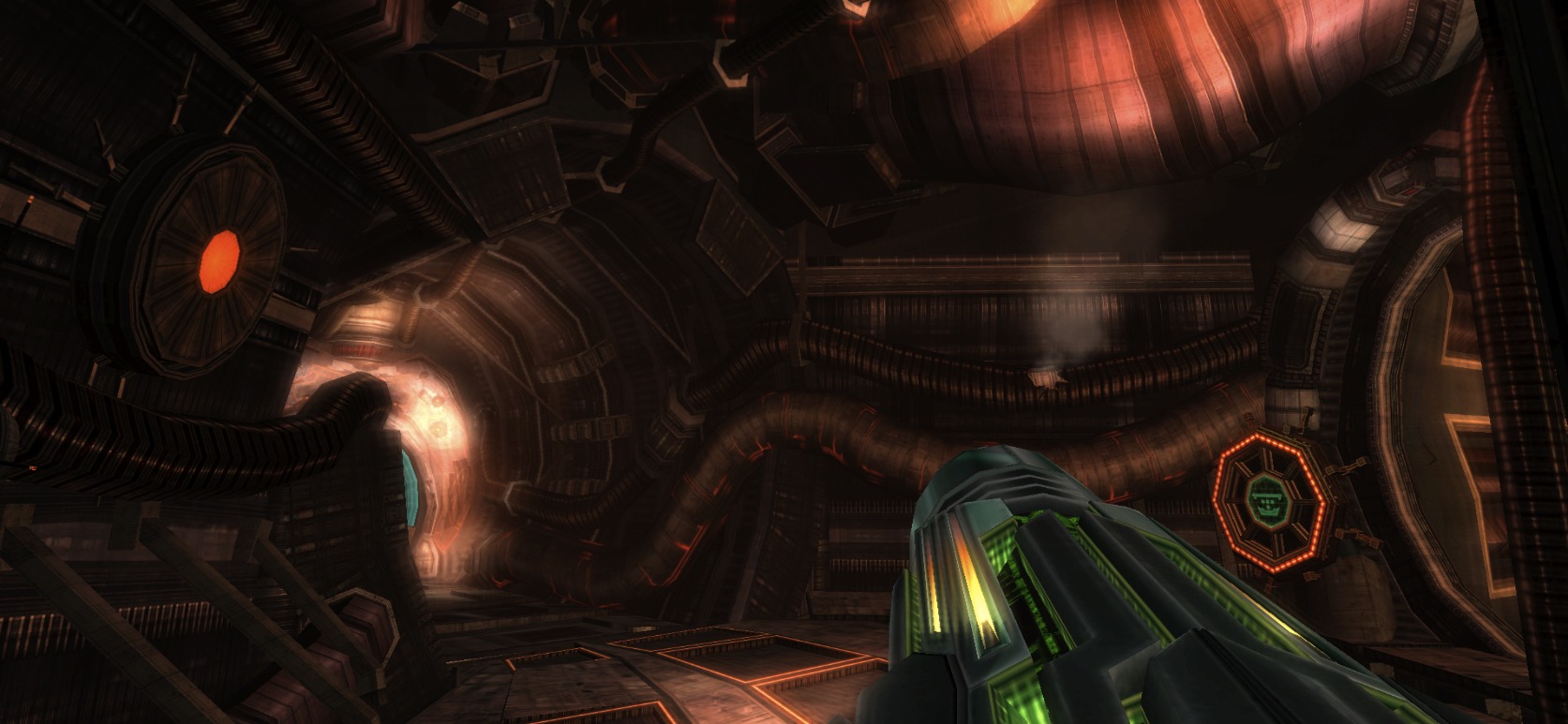I'll never forget the day I got my first video game console, the Super Nintendo. Booting it up and playing Super Mario World that Christmas morning was an experience I'll never forget. Fast forward with me roughly five years to my first experience with The Legend of Zelda: Ocarina of Time, the undoubted watershed moment in which I knew video games would forever be a major part of my life. The sense of awe and wonder that bled from these experiences had me hooked on the hobby as a loyal Nintendo fan for years on end. I could go on about my addiction to Pokémon Yellow, my undying love for the first-person innovation that Metroid Prime brought to the GameCube, or my mind-melting foray into the MGS franchise via Twin Snakes, but alas, there's only so much abuse my furiously typing fingers can take. The point is, I loved Nintendo. That is, until they released the Wii and the company was forever changed.
Or was it?
When word got out that they were working on an HD console (codenamed 'Project Cafe' at the time) I was hoping with all of my being that Nintendo would pull a 180 and recapture the core by focusing less on the casual audience. Naturally, the Wii U's debut squashed any of the hopes I had, leaving me a disappointed, bitter, ex-Nintendo fanboy.
But it's time to strip away my biased, somewhat unwarranted displeasure with Nintendo, as much of my opinion is fueled by childhood memories and impossible expectations. First, let's take a look at the Wii and why a bulk of the hate often leveled at it is simply unwarranted. I'll be honest, I don't like motion controls — never have and likely never will. That however, doesn't change the fact that Nintendo delivered a number of quality original titles to the platform that will go down in history as some of the best this generation. Super Mario Galaxy 1 & 2 are (arguably) the best 3D Mario platformers to date, with some of the most impressive level design gaming has ever seen. Then there's Metroid Prime 3: Corruption, which, while not wholly unique in concept, makes excellent use of the Wii's motion controls and rounds out the trilogy in expert fashion.

The list of incredible software goes on with other great titles like Smash Bros. Brawl and Skyward Sword, along with third-party games like No More Heroes and Xenoblade Chronicles, so those claiming that there haven't been worthwhile games for the core are flat out wrong. While Nintendo has expanded is reach to a broader market, they've still managed to deliver plenty of compelling software for fans like myself; it's just too bad we've had to use a goofy remote to experience most of the games.
So now that the Wii U is only months away, a lot of the negativity from the Wii's casual focus has rubbed off on the upcoming console, especially since it bears a similar look, supports the same controllers and has that blasted Wii branding. Well, that and the fact that Nintendo's showing at E3 this year was less than stellar. I'll admit, I came away from E3 pretty bummed about Nintendo's offerings, but anyone familiar with the company knows they shouldn't be underestimated.
Unfortunately, all it took was a weak E3 showing that featured far too much of an emphasis on Nintendo Land to shatter everyone's hopes. Did our disappointment overshadow the likes of Pikmin 3 and New Super Mario Bros. U? I'd say so. It didn't take long for gamers to forget last year's Zelda tech demo that had everyone salivating for the console at the sight of Link in HD. There's no denying that Nintendo's Wii U launch lineup is a bit thin, but isn't that typical with nearly every console launch? We know Retro Studios is working on something that will be awesome, not to mention another entry in the Super Smash Bros. franchise, developed by none other than the fighting game masterminds at Namco Bandai. Oh yeah, and then there's the assured promise of yet another Mario 3D title that will knock everyone's socks off as well as more Zelda.

Let's face it, Nintendo has the best first party franchises around, and the Wii U won't change that. Sure, Nintendo's been getting a bit sidetracked with peripherals like the tablet controller, balance board and vitality sensor Wii MotionPlus, but despite all that, they still manage to deliver some of the best games in the business every generation. What's to stop them from continuing that trend?







